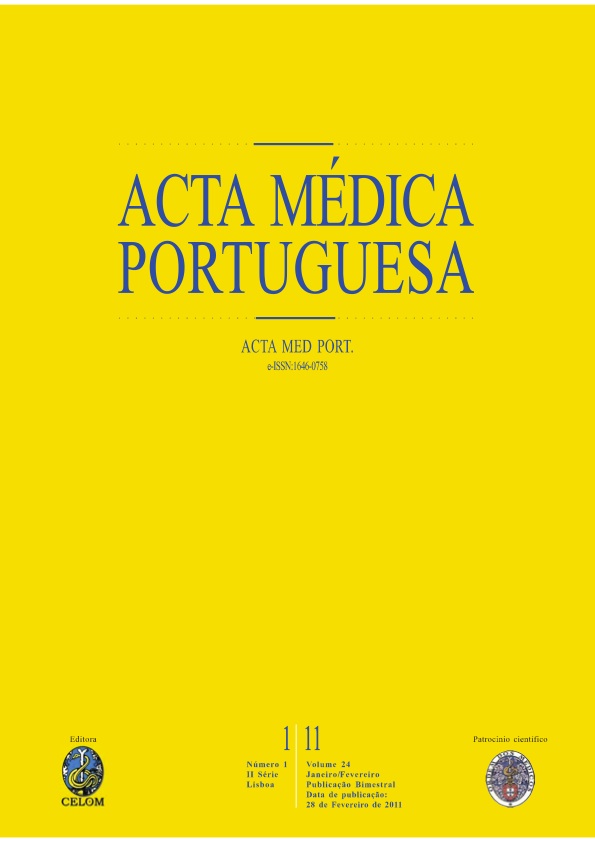Is there a biological plausability for p53 codon 72 polymorphism influence on cervical cancer development?
DOI:
https://doi.org/10.20344/amp.335Abstract
The interaction between HPV E6 and p53 protein is known as the most important event in HPV-associated carcinogenesis. Some in vitro studies suggested that p53 genetic variants are targeted for ubiquitin-proteasome degradation induced by E6 with different abilities. A common p53 variant at position 72 (R72P) has leaded to the development of several studies regarding its role on cervical cancer development. However, only few reports have shown an association between the Arginine (R) variant at position 52 of p53 and increased susceptibility to HPV E6 mediated degradation and thus to increased cancer susceptibility. We revised the literature in order to obtain plausible data to discuss about these evidences for cervical cancer susceptibility. The more recent studies, including meta-analysis reviews, point out that there is no association of this p53 variant and cervical cancer development. This variant seems to be differently segregated in different ethnic/geographical locations; therefore, there might be a possible role of this genetic variant associated with a certain genetic background, which can explain why some studies reveal increased risk of cervical cancer development associated with Arginine p53 variant.Downloads
Downloads
Published
How to Cite
Issue
Section
License
All the articles published in the AMP are open access and comply with the requirements of funding agencies or academic institutions. The AMP is governed by the terms of the Creative Commons ‘Attribution – Non-Commercial Use - (CC-BY-NC)’ license, regarding the use by third parties.
It is the author’s responsibility to obtain approval for the reproduction of figures, tables, etc. from other publications.
Upon acceptance of an article for publication, the authors will be asked to complete the ICMJE “Copyright Liability and Copyright Sharing Statement “(http://www.actamedicaportuguesa.com/info/AMP-NormasPublicacao.pdf) and the “Declaration of Potential Conflicts of Interest” (http:// www.icmje.org/conflicts-of-interest). An e-mail will be sent to the corresponding author to acknowledge receipt of the manuscript.
After publication, the authors are authorised to make their articles available in repositories of their institutions of origin, as long as they always mention where they were published and according to the Creative Commons license.









